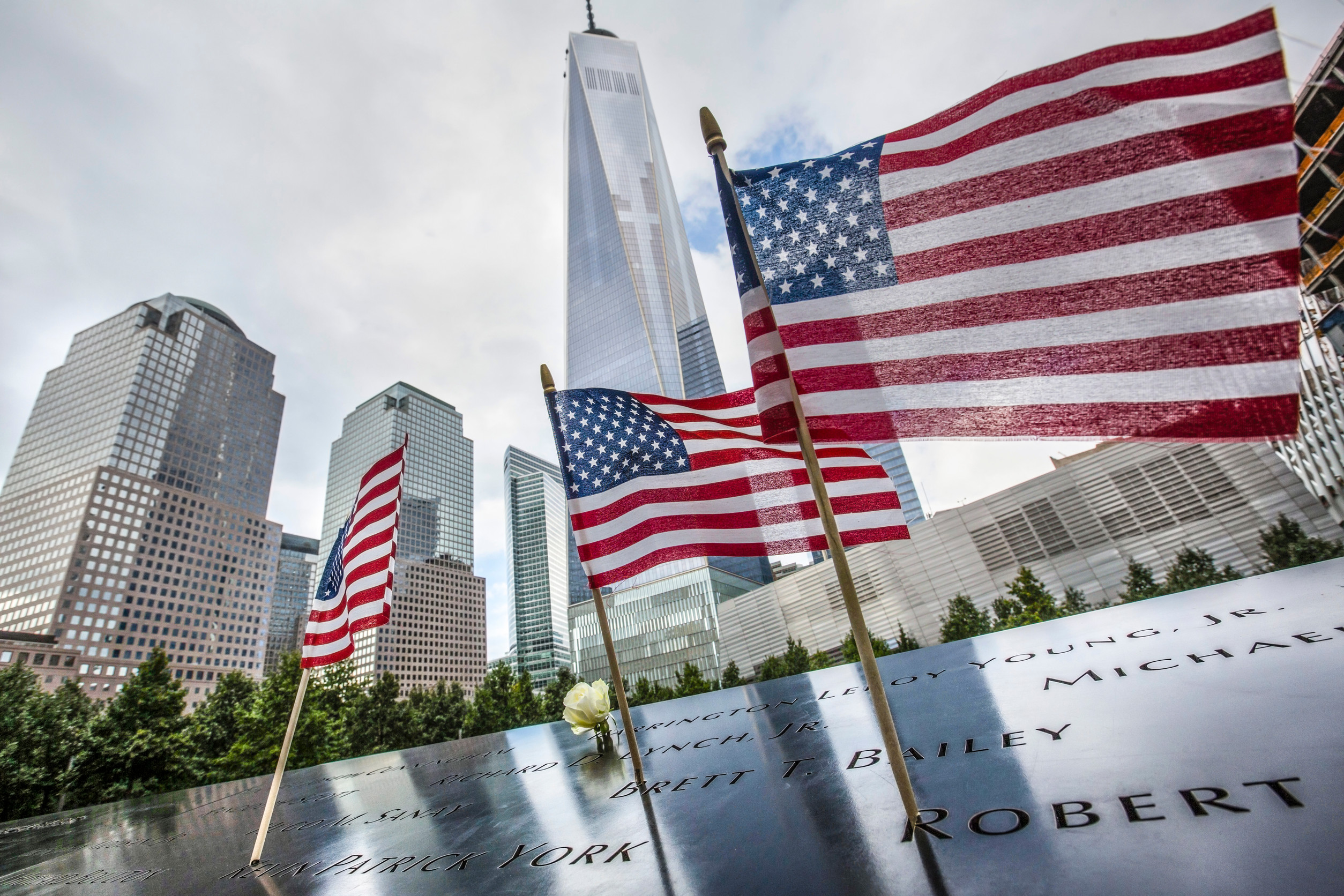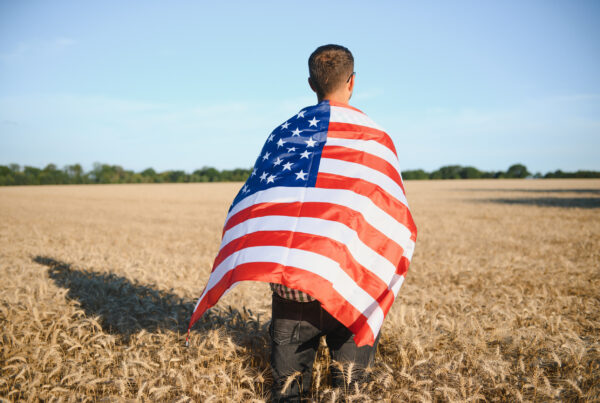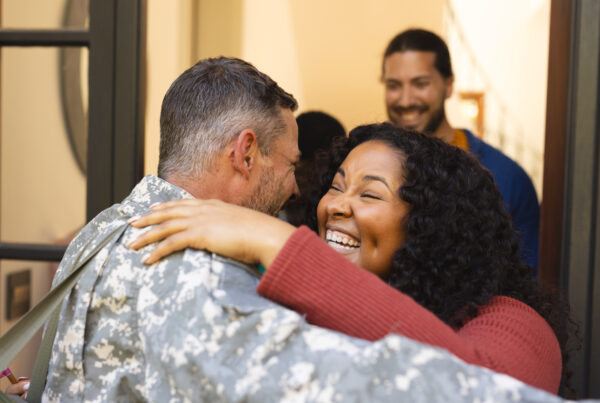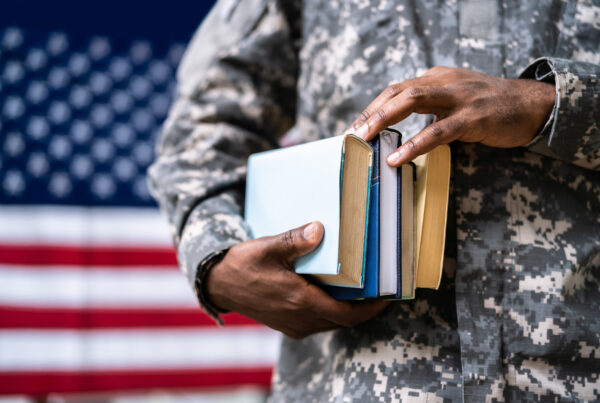”Question: What if the best way to honor 9/11 is showing up for a Veteran who won't ask for help?
Reading time: 6 Minutes
MWi Hack:
- Suicide prevention for Veterans isn’t about waiting for someone to ask for help—it’s about showing up consistently with coffee invites, regular check-ins, and creating spaces where vulnerability feels safe, because the strongest memorial we can build is a community where no one fights their battles alone.
MWi Summary:
- Veterans face a crisis: 17 Veterans die by suicide daily, often struggling silently due to military culture that emphasizes stoicism over seeking help.
- Community connection saves lives: Since Veterans may not ask for help, friends and fellow service members must proactively reach out with regular, genuine check-ins.
- Small actions create safety nets: Consistent coffee meetups, group activities, and volunteer opportunities build trust over time and help catch people before they fall too far.
- Purpose prevents despair: Veterans who engage in mentoring, volunteering, or community organizations report higher life satisfaction and emotional resilience.
- September’s dual significance: Both 9/11 remembrance and Suicide Prevention Day remind us that the strongest memorial is building communities where no one fights alone.
September holds profound significance as we commemorate both the anniversary of 9/11 and World Suicide Prevention Day. These observances intersect in powerful ways, particularly when we consider the mental health struggles faced by our veterans and first responders. The tragic events of September 11, 2001, forever changed countless lives, and the ripple effects continue to impact those who served in the wars that followed, as well as the brave individuals who rushed toward danger that day.
The connection between these two observances is not coincidental. Veterans who deployed to Iraq and Afghanistan following 9/11 face significantly higher rates of suicide than their civilian counterparts. According to the Department of Veterans Affairs, an average of 17 veterans die by suicide each day. This staggering statistic represents not just numbers, but fathers, mothers, siblings, and friends whose struggles often remain invisible to those around them.
The Silent Battles We Cannot See
The nature of mental health struggles, particularly among veterans, often involves a dangerous combination of trained stoicism and genuine suffering. Military culture emphasizes strength, resilience, and self-reliance – qualities that serve service members well in combat but can become barriers to seeking help during times of emotional crisis. Many veterans struggle with post-traumatic stress, depression, anxiety, and the complex challenge of readjusting to civilian life, all while maintaining an exterior that suggests everything is manageable.
This is precisely why community connection becomes not just important, but literally life-saving. When someone is drowning emotionally, they may not have the strength or ability to call for help. It becomes the responsibility of their community – friends, family, neighbors, and fellow veterans – to recognize the signs and extend a lifeline.
Building Bridges Through Intentional Community
Creating meaningful community connections requires intentionality. It means moving beyond casual “How are you doing?” exchanges to deeper, more genuine check-ins. For veterans, this might involve fellow service members who understand the unique challenges of military experience. For the broader community, it means creating spaces where vulnerability is not only accepted but welcomed.
Effective community support looks like regular, consistent contact rather than crisis intervention. It means inviting someone to coffee not because they seem troubled, but because human connection matters. It involves creating ongoing relationships where trust can develop over time, making it easier for someone to share their struggles before they reach a crisis point.
The Ripple Effect of Connection
When we strengthen our social bonds, we create networks of care that extend far beyond individual relationships. A veteran who feels connected to their community is more likely to seek help when needed and more likely to notice when a fellow veteran is struggling. These interconnected relationships create safety nets that can catch people before they fall too far.
Community connection also provides purpose and meaning, which are crucial protective factors against suicide. Veterans who engage in volunteer work, mentor younger service members, or participate in community organizations often report higher levels of life satisfaction and emotional resilience. These activities provide structure, social interaction, and the sense that their experiences and skills continue to have value.
Practical Ways to Strengthen Community Bonds
Creating stronger communities doesn’t require grand gestures. Small, consistent actions can make profound differences. Regular group activities – whether it’s a weekly coffee meetup, a hiking group, or a volunteer organization – provide predictable opportunities for connection. These gatherings become spaces where relationships naturally deepen and where changes in someone’s behavior or mood become more noticeable.
Technology can also play a role, particularly for Veterans who may be geographically isolated. Online communities, group chats, and virtual meetups can maintain connections across distances. However, these digital connections work best when they supplement, rather than replace, in-person interactions.
Moving Forward Together
As we reflect on the significance of September – both its tragedy and its call for prevention – we must remember that suicide prevention is fundamentally a community effort. It requires all of us to be more attentive, more intentional, and more committed to showing up for one another, especially for our Veterans who have already given so much.
The strongest memorial we can create for those lost on 9/11 and those we’ve lost to suicide is a community where no one fights their battles alone. By fostering genuine connections, maintaining consistent contact, and creating spaces for vulnerability and healing, we build the foundation for hope and resilience that can save lives.
When immediate help is needed, the Veterans Crisis Line (988, Press 1) provides 24/7 confidential support from trained responders who understand military culture and can connect Veterans to local VA resources.
Through our responsive content and dedicated support, MWi continues to serve the modern military and Veteran community by providing relevant, practical strategies for enhancing connection and wellness.






